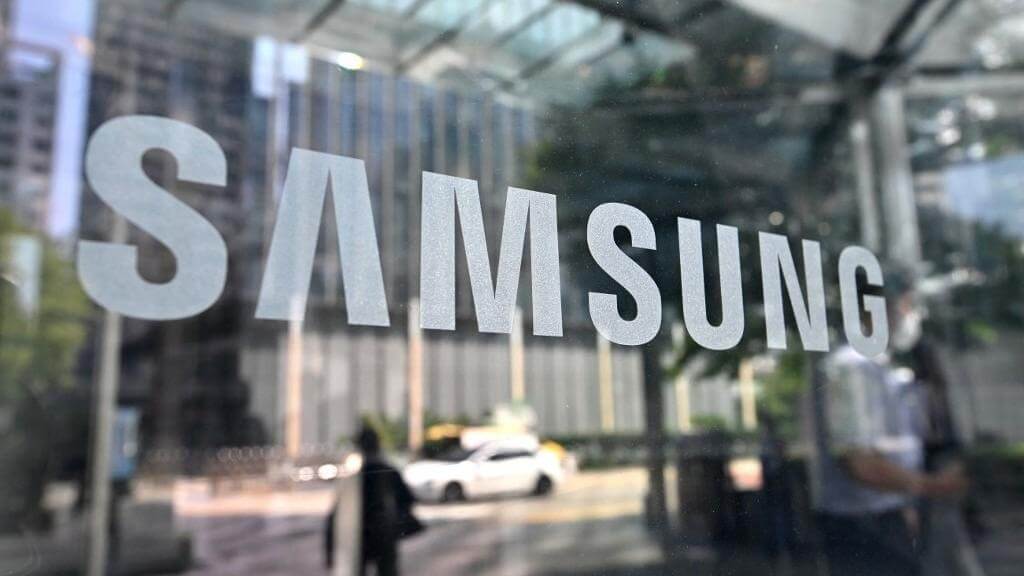In the bustling tech landscape of South Korea, Samsung Electronics, the behemoth in memory chips, smartphones, and televisions, is bracing for a significant blow in its third-quarter profits. The anticipated plummet of 80% from the preceding year comes as a harsh consequence of a persistent global chip glut, dealing a severe blow to what is conventionally Samsung’s cash cow business.
This imminent financial downturn, set to be officially unveiled in the upcoming preliminary earnings report, is a stark contrast to the robust operating profit of 10.85 trillion won recorded in the same period last year, according to an LSEG SmartEstimate derived from the insights of 19 analysts, the operating profit is expected to dwindle to 2.1 trillion won ($1.56 billion) in the span of July to September.
The heart of the issue lies in Samsung’s chip division, historically its most lucrative sector. An unforeseen dip in memory chip prices, which failed to recover as swiftly as industry insiders had optimistically predicted, is a chief culprit behind this downturn. The chip division is likely to report staggering losses ranging between 3 trillion and 4 trillion won. Moreover, Samsung’s efforts to mitigate these losses by reducing chip production have inadvertently raised costs due to a disruption in economies of scale.
The situation has been exacerbated by a larger industry trend where smartphone and personal computer manufacturers, cautious of an impending economic downturn, have refrained from purchasing new memory chips. Instead, they’ve been depleting their existing inventory. However, there is a glimmer of hope on the horizon. Analysts predict that these inventories are now at a low point, suggesting an imminent rebound in demand by early next year.
Amidst these challenges, Samsung did receive a ray of hope with its first order in a year for server memory chips from a North American data center firm. This development has sparked optimism, hinting at a potential resurgence in chip purchases by data center clients.
In the realm of innovation, the demand for memory chips utilized in cutting-edge technologies such as artificial intelligence, notably high bandwidth memory (HBM), remains a beacon of opportunity. However, Samsung faces fierce competition in this domain, particularly from rivals like SK Hynix, who have been more successful in developing such chips and securing high-profile clients, including AI-chip leader Nvidia.
On a more positive note, Samsung’s mobile business has managed to weather the storm relatively well, reporting an estimated operating profit of around 3 trillion won. This resilience can be attributed to the successful launch of premium foldable smartphones during the quarter, which bolstered sales despite the sluggish global smartphone market.
In this intricate dance of market forces, Samsung Electronics finds itself at a crossroads, navigating challenges in its cornerstone chip division while finding solace in the performance of its mobile business. As the tech giant unveils its quarterly earnings, the industry watches with bated breath, curious to see how Samsung will strategically maneuver through these turbulent times.





